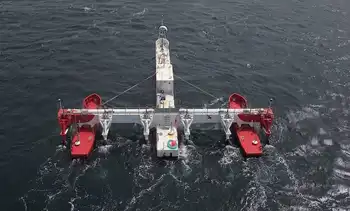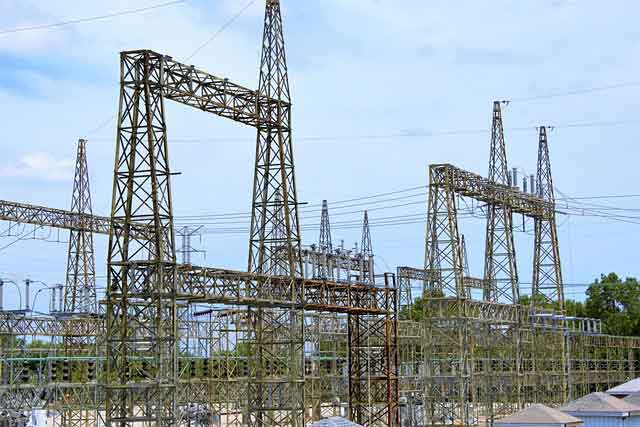Philippines wants Canada's help to avoid China, U.S

High Voltage Maintenance Training Online
Our customized live online or in‑person group training can be delivered to your staff at your location.

- Live Online
- 12 hours Instructor-led
- Group Training Available
Philippines-Canada Indo-Pacific Partnership strengthens ASEAN cooperation, maritime security, and South China Sea diplomacy, balancing U.S.-China rivalry through a rules-based order, trade diversification, and middle-power engagement to foster regional stability and sustainable growth.
Key Points
A strategic pact to balance U.S.-China rivalry, back ASEAN, and advance maritime security and a rules-based order
✅ Prioritizes ASEAN-led cooperation and regional diplomacy
✅ Supports maritime security and South China Sea stability
✅ Diversifies trade, infrastructure, energy, and education ties
The Philippines finds itself caught in a geopolitical tug-of-war between the United States and China, two superpowers with competing interests in the Indo-Pacific region. To navigate this complex situation, the Philippines is seeking closer ties with Canada, a middle power with a strong focus on diplomacy and regional cooperation and a deepening U.S.-Canada energy and minerals partnership that reinforces shared strategic interests.
The Philippines, like many Southeast Asian nations, desires peace and stability for continued economic growth. However, the intensifying rivalry between the U.S. and China threatens to disrupt this. Territorial disputes in the South China Sea, where China claims vast swathes of waters contested by the Philippines, are a major point of contention. The Philippines has a long-standing alliance with the U.S., whose current administration is viewed as better for Canada's energy sector by some observers, but it also has growing economic ties with China. This delicate balancing act is becoming increasingly difficult.
This is where Canada enters the picture. The Philippines sees Canada as a potential bridge between the two superpowers. Foreign Affairs Secretary Enrique Manalo emphasizes that the future of the Indo-Pacific shouldn't be dictated by "great power rivalry." Canada, with its emphasis on peaceful solutions and its strong relationships with both the U.S. and China, despite electricity exports at risk from periodic trade tensions, presents a welcome alternative.
There are several reasons why the Philippines views Canada as a natural partner. First, Canada's Indo-Pacific strategy prioritizes the Association of Southeast Asian Nations (ASEAN), a regional bloc that includes the Philippines, and reflects trade policy debates in Ottawa where Canadians support tariffs on energy and minerals. This focus on regional cooperation aligns with the Philippines' desire for a united ASEAN voice.
Second, Canada offers the Philippines opportunities for economic diversification. While China is a significant trading partner, the Philippines wants to lessen its dependence on any single power. Canada's expertise in areas like agriculture, infrastructure, education, and renewable energy aligns with the Philippines' clean energy commitment and development goals.
Third, Canada's experience in peacekeeping and maritime security can be valuable to the Philippines. The Philippines faces challenges in the South China Sea, and Canada's commitment to a rules-based international order resonates with the Philippines' desire for peaceful resolution of territorial disputes.
Canada, for its part, sees the Philippines as a strategically important partner in the Indo-Pacific. A stronger Philippines contributes to a more stable region, which aligns with Canada's own interests. Additionally, closer ties with the Philippines open doors for increased Canadian trade and investment in Southeast Asia, including in critical minerals supply chains and energy projects.
The Philippines' pursuit of a middle ground between the U.S. and China is not without its challenges. Balancing strong relationships with both powers requires careful diplomacy, even as tariff threats boost support for Canadian energy projects domestically. However, Canada's emergence as a potential partner offers the Philippines a much-needed counterweight and a path towards regional stability and economic prosperity.
By working together, Canada and the Philippines can promote peaceful solutions, strengthen regional cooperation, and ensure that the Indo-Pacific remains a place of opportunity for all nations, not just superpowers.












